Frequently Asked Questions (FAQ)
We know that insurance is complicated. Here are some frequently asked questions (FAQ) that we hear often. Still need some help? Talk to us today!
Medicare
If you signed up for Social Security before you turned 65, you will automatically be enrolled in Medicare Parts A and B (with your eligibility for full benefits beginning when you’re 66). And you will receive your card three months before your 65th birthday. Medicare Part A offers hospitalization coverage and usually doesn’t have a premium. Medicare Part B covers outpatient medical services (such as doctor visits, x-rays, and tests), and there is a monthly premium. If you didn’t apply for Social Security before you turned 65, you’ll have to sign up for Medicare or pay a late enrollment penalty (unless you’re still working and have coverage from your employer). Feel free to contact someone at our office for more information about Medicare enrollment.
It depends on the size of your company. If you or your spouse works for a company with 20 or more employees, the coverage offered by your employer will be your primary insurance. Medicare will be your secondary insurance plan, and it can fill any coverage gaps in your company’s policy. You won’t be required to pursue a Medicare enrollment. And as long as you sign up within eight months from leaving your job, you won’t have to pay a late enrollment penalty.
If you work for a large company and are happy with the health insurance plan it offers, you may decide to hold off on signing up for Medicare Part B. However, this rule doesn’t apply if you work for a company with fewer than 20 employees. In this case, Medicare will be your primary coverage once you turn 65. So, you’ll need to sign up for both Part A and Part B while you’re still working. Some smaller employers will negotiate with insurance companies so they can keep their employee coverage as the primary coverage for employees who are 65 and older, but it isn’t common. Make sure you get it in writing from your boss before you decide to hold off on Medicare enrollment.
You’ll have to pay a late enrollment penalty, which is 10% of your Medicare Part B premium for every year that you should have had coverage. And this penalty will apply as long as you continue to receive your Medicare benefits. If you miss open enrollment or the eight-month period after you or your spouse has stopped working, you can only sign up from January to March in any year for coverage that will begin on July 1.
Most people buy a Medicare supplement policy (also called Medigap) to pay for any costs that aren’t covered under standard Medicare. They will also get Medicare Part D for prescription drug coverage, which isn’t covered by any other Medicare plans. You have the option of signing up for a Medicare Advantage plan, which covers both medical and prescription drug expenses.
Medigap policies are offered by private insurance companies, and they come in ten standardized versions (which are labeled as A through D, F, G, and K through N). Every Medigap plan with the same letter must offer the same coverage, even though the prices can vary with each insurer.
With these plans, you can use any doctor or medical facility that’s covered by Medicare, and many state insurance departments have Medigap price lists for every insurance company. Be sure to speak to someone at JWB Insurance Group for more information.
Life Insurance
If you’re the primary earner in your household and your family depends on your for financial support (such as a spouse, children, or aging parents), you can benefit from getting a life insurance policy. If you have debt for which someone else will have to be responsible once you pass away, you may want to purchase life insurance.
You can use a life insurance policy to cover a number of expenses, which can include but may not be limited to:
- Co-signed debt (such as student loans)
- Mortgages
- College expenses for your kids
- Living expenses for your family
- Stay-at-home labor expenses (such as cooking and cleaning)
- Burial expenses
- Loans from family members
- Estate taxes that your heirs will have to pay for your assets
The beneficiary of a life insurance policy is any person or entity that will receive the death benefit. You can choose a family member, a person who isn’t related to, a business, or any other organization to be your beneficiary, and you can do so without their permission. You can choose more than one beneficiary, and you can even designate how the death benefit will be split among them. The insurance company will automatically distribute the death benefit if you die, but you should still tell your beneficiary about the policy so he or she can be prepared in case a problem comes up. It’s also a good idea to give your beneficiary access to the contract.
A beneficiary doesn’t have to do anything to receive the life insurance death benefit, but it’s a good idea to make sure he or she knows that the policy exists in case there are any problems on the side of the insurance company. Before it can pay out the death benefit of a life insurance policy, it will need proof of death and a copy of the contract.
Many employers provide life insurance policies as part of their benefits package. The death benefit will be a multiple of your salary up to a certain limit (usually one or two times what you make), but whether it’s enough to cover your specific needs will depend on your financial situation. Life insurance is more expensive for older people who are in bad health, so this type of policy can be a great way to get coverage if you can’t afford it on the open market.
Permanent life insurance never expires, and it will often include a “cash value” that will grow (or even shrink) throughout the life of the policy. This cash value will allow you to borrow against the policy or cancel it for a portion of the cash value after it has been in force for at least a certain period of time. Permanent life insurance can give you a more customized product, but it’s a lot more expensive than term life insurance. The buying process is also more complicated, because it can be customized according to a specific set of needs.
Whole life insurance is a type of permanent policy that has the following characteristics:
- You pay a set premium amount
- The cash value grows at a guaranteed (but low) fixed rate
Universal life insurance is a type of permanent policy that consists of the following:
- You can adjust the premium or benefit amount
- The cash value earns interest at a variable rate that’s set by the insurance company
- You can use the cash value to pay or reduce your premiums
Variable life insurance is a type of permanent policy with the following components:
- You pay a fixed premium amount
- You can invest the cash value into the portfolio of investments offered by the insurance company
Because the cash value is invested, there’s a certain amount of risk involved. So, you could lose cash value throughout the life of the policy.
Pre-Need Planning
Also called burial insurance or funeral insurance, final expense is a type of small life insurance policy (typically from $5,000 to $40,000) that’s meant to cover the cost of final expenses. This can include the cost of funeral products and services. For more information about final expense insurance and other types of pre-need planning, be sure to get in touch with JWB Insurance.
It depends on the size of your company. If you or your spouse works for a company with 20 or more employees, the coverage offered by your employer will be your primary insurance. Medicare will be your secondary insurance plan, and it can fill any coverage gaps in your company’s policy. You won’t be required to pursue a Medicare enrollment. And as long as you sign up within eight months from leaving your job, you won’t have to pay a late enrollment penalty.
The most beneficial aspect of final expense insurance is that it can give your family more financial security. According to a survey that was conducted in 2013, the average cost of a funeral is over $8,000, which includes the burial vault but not the cost of the cemetery plot. A funeral can cost upwards of $10,000 if you add this extra cost. Death can be a financial burden for most people, especially if it happens unexpectedly and at a difficult time. Having some final expense coverage in place can protect your family from this type of financial hardship and can keep them from feeling the extra strain of having to pay for your final expenses.
It depends on the type of funeral service you want to have. Most final expense insurance policies can be within the range of $5,000-$40,000. If you prefer a simpler service or cremation, it will cost less than a larger funeral. So in this case, you won’t need as much coverage. Some people decide to pay for a small policy that pays for a smaller, simpler service, but the best way to find out how much you need to pay for your funeral is to do some pre-need planning. Feel free to get in touch with JWB Insurance, so we can help you with your specific needs.
You may decide to purchase a larger policy that will cover other expenses beside your funeral (such as credit card bills, rent, and utilities), but you can lower the policy amount if you only want it to cover a portion of your estimated funeral costs so you can minimize your premium payments. Feel free to contact someone at JWB Insurance for more information about final expense insurance and pre-need funeral planning.
Marketplace Insurance
Individuals, families, and small business owners can sign up for health insurance at the Marketplace by going to healthcare.gov. Be sure to reach out to someone at JWB Insurance for more information. We can help you to find a health insurance plan that will meet your needs and fit your budget.
You can start by looking at the premiums for each health insurance policy, as well as any expenses you’ll have to pay out of pocket. This can include co-payments, which are fixed amounts that you’ll have to pay up front for any type of health care service.
To be eligible, you must:
- Live in the United States
- Be a U.S. citizen or foreign national
- You can’t be incarcerated
You will also need to provide the following documentation for you and your family:
- Social security numbers
- Birth dates
- Employer and income information
- Policy numbers for any of your active health insurance plans
- Information on any type of health insurance coverage you or your family has available through a job





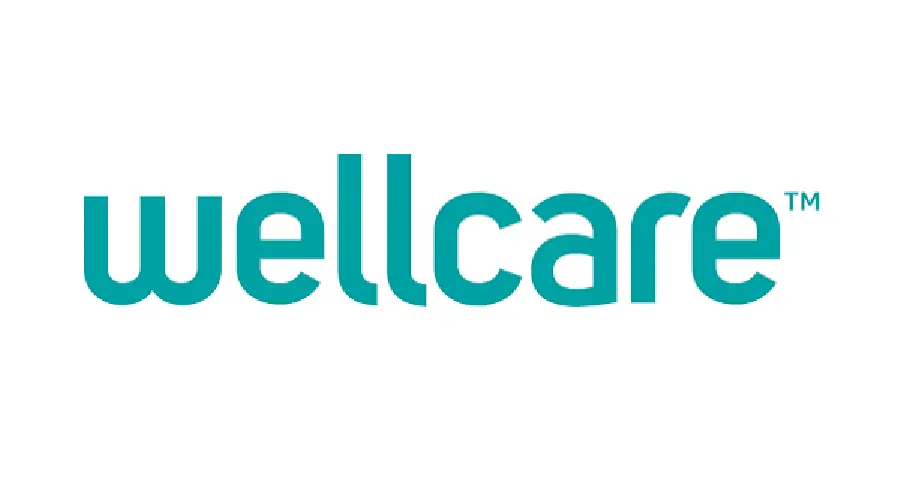
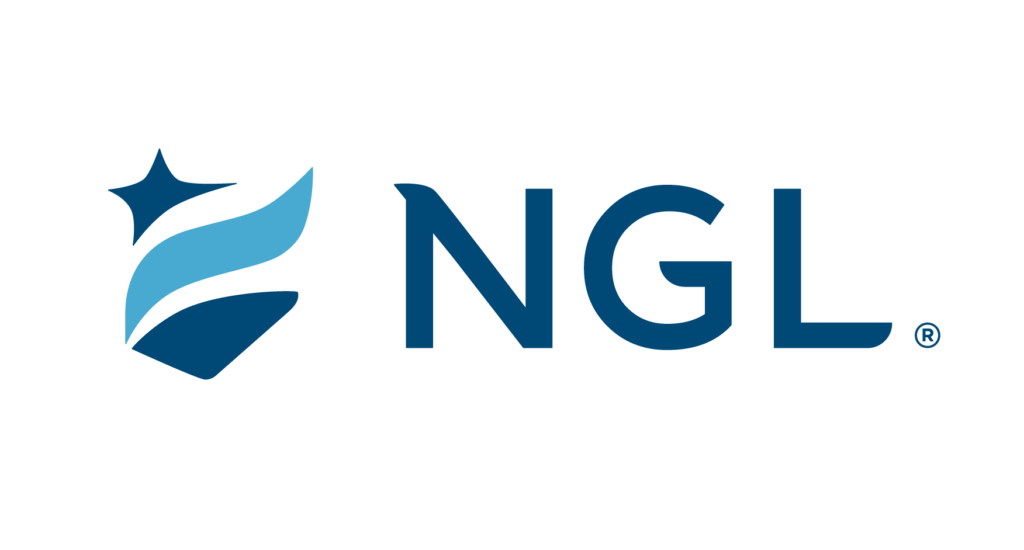

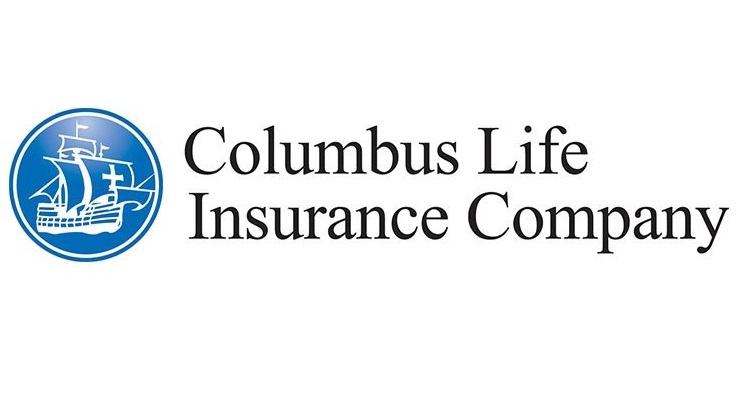
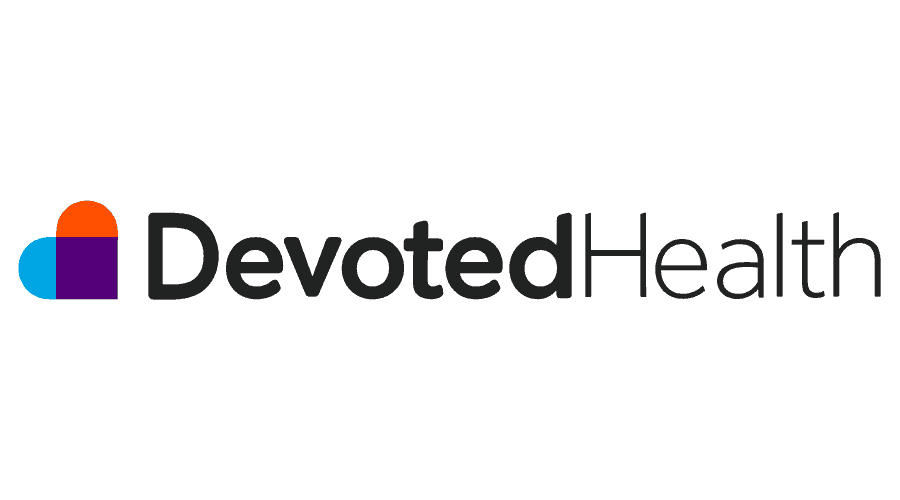

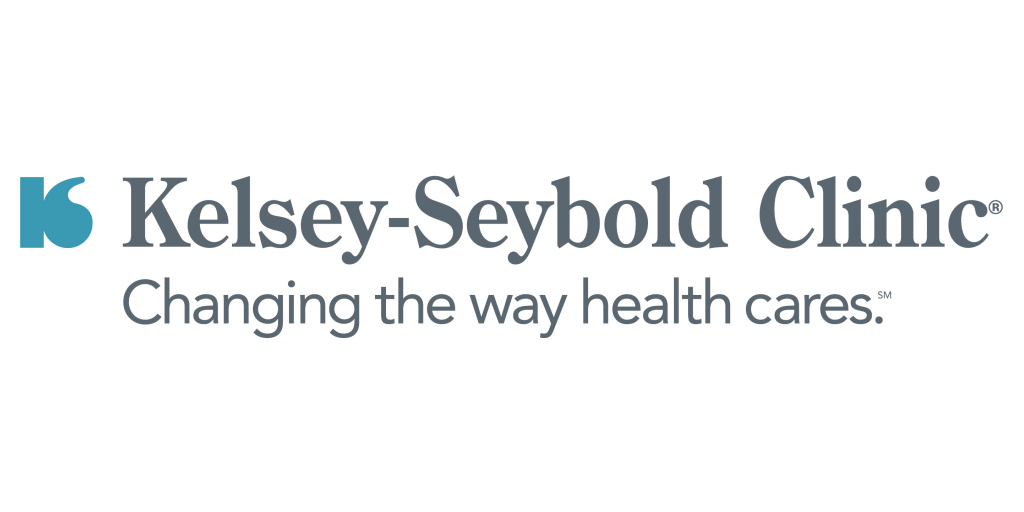
 Joe Day
Joe Day Tom Jack
Tom Jack Iris Guardiola
Iris Guardiola Jorge W Briones
Jorge W Briones Rolando Guajardo
Rolando Guajardo Jessica De Hoyos
Jessica De Hoyos Aline Sam
Aline Sam Arlene Salisbury
Arlene Salisbury